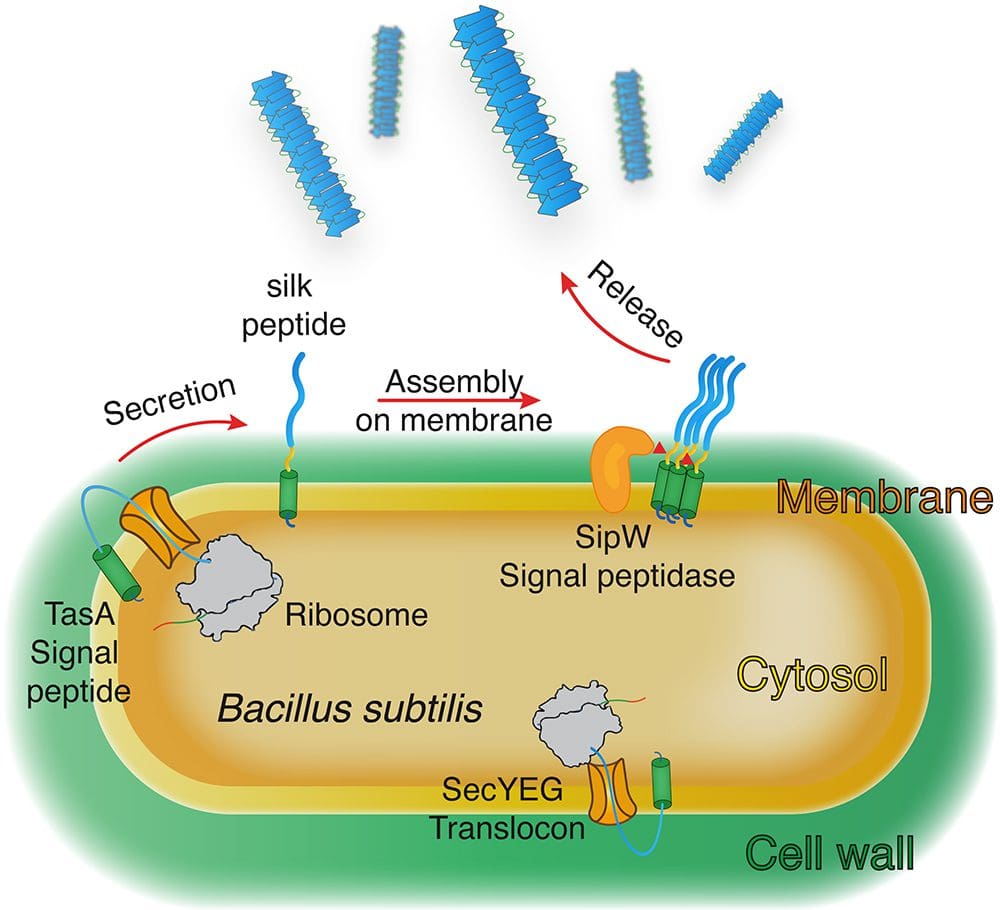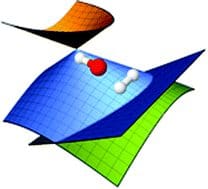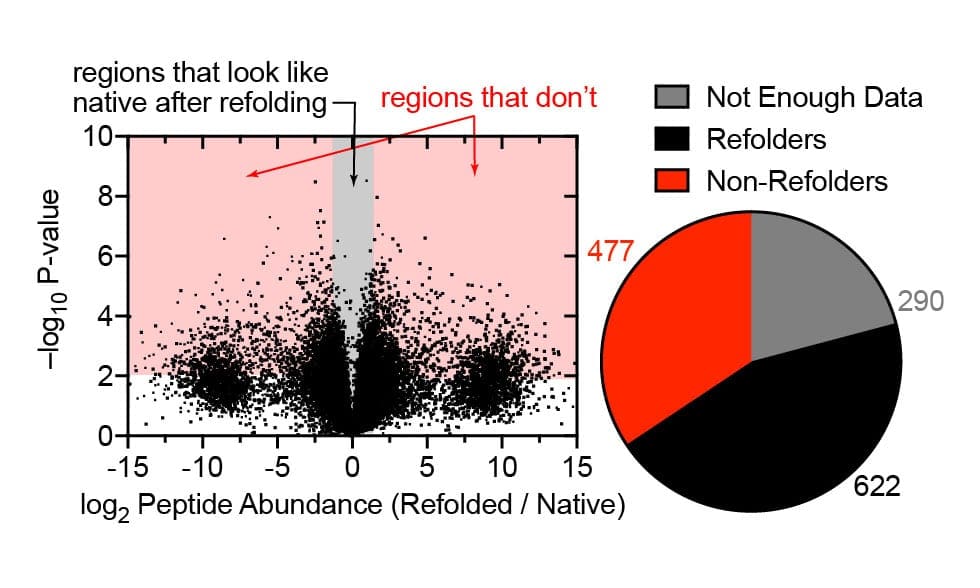The experimental strategies of chemistry and biology are combined to answer significant questions on the nature of life processes. Investigations are designed to identify the molecular foundations of structure and reactivity that control biological processes. Examples of current topics pursued at Johns Hopkins include mechanisms of nucleic damage and repair, antibiotic biosynthesis, drug development, signaling pathways, catalysis, and enzyme engineering.
Groups: Fried, Greenberg, Huang, Rokita, Toscano, Townsend
Group Highlights
-
Spinning nanofiber from the bacteria
Spiders spin strong silk fiber to produce webs. Can bacteria do the similar thing? The Fried lab has demonstrated that Bacillus subtilis can be programmed to autonomously assemble recombinant silk […]
-
High-fidelity first principles nonadiabaticity
High-fidelity first principles nonadiabaticity: Diabatization, analytic representation of global diabatic potential energy matrices, and quantum dynamics. As the appreciation of importance of excited states in chemistry increases so does that […]
-
Non-Refoldability is Pervasive Across the E. coli Proteome
The Fried Group discovered that roughly one half of the proteins in E. coli are non-refoldable, meaning that once they are denatured, they cannot navigate back to their native states. […]


